AO Edited
Stephen Foster Folk Culture Center State Park
This museum honors the composer of “Swannee Ribber.”
In 1935, Florida adopted Stephen Foster’s melody Old Folks at Home as the official state song, and by 1950, at the behest of pharmaceutical magnate Josiah Lilly, a culture center was opened beside the Suwannee River to honor the quintessential American composer.
The Culture Center’s museum features three large rooms filled with pianos, Foster-themed artwork, and a handful of Foster’s personal items. There is also a video room where short biographical films play on a loop. Foster’s music plays cheerfully throughout the building, but what sets this museum apart is the collection of ten thoroughly delightful dioramas, each honoring a different song.
Fourteen artists constructed these over a two-year period and the craftsmanship is evident, especially in the mechanical elements that bring the tableaux to life. The Belle of the Suwannee paddleboat cruises down the Swannee in one, while horses jockey for position in the Camptown Races on the opposite wall. The chimes of the world’s largest tubular bell carillon across the campus are the only thing that can break the thrall of the dioramas’ charm, reminding visitors not to neglect other park attractions.
While the carillon itself indulges in a whimsically loose interpretation of Old Folks at Home, the gallery on the first floor of the campanile contains more Fosteriana including his manuscript for the lyrics of this composition. Besides, it’s a copy of the sheet music that credits E.P. Christy with its creation. Christy and Foster were fellow Pennsylvanians, and Christy bought the rights years before Foster realized its potential.
In addition to the Foster displays, both the museum and the carillon building exhibit an array of unique and tenuously related items. In one corner sits the extremely rare Paul von Janko Keyboard designed in 1882, and sporting six ranks of keys that allegedly “simplified” piano playing while also simulating the sound of two pianos being played at once. Notation for the keyboard is no different from a traditional piano, but reluctant pianists put a damper on this innovation.
Several cases contain photos and memorabilia related to the annual Jeanie Ball which celebrates Foster’s song Jeanie with the Light Brown Hair. The event began as a fundraiser to build an amphitheater on the banks of the Suwannee, but today includes scholarship awards for “advanced vocalists” with hair of all colors.
Ultimately, the center is an enchanting treasury of musical nostalgia. As one critic said of Foster’s work, “The real Suwannee River rises in the highest mountains of the human soul and is fed by the deepest springs in the human heart. It flows through the pleasant, sunny lands of memory; it empties into the glorious ocean of unfilled dreams.”
Foster never visited the Suwannee River or Florida.


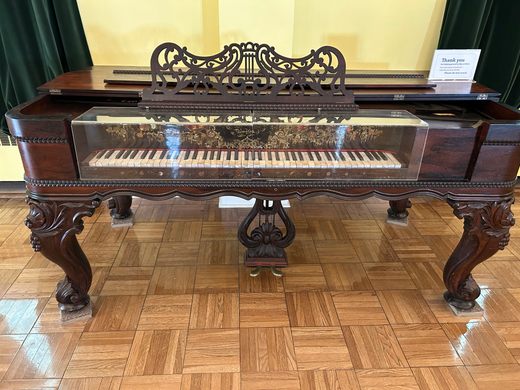

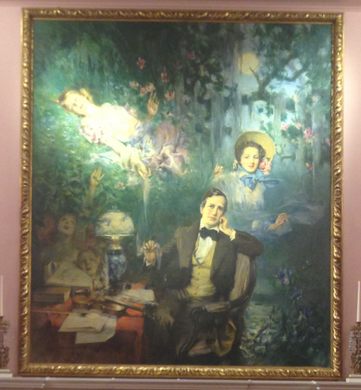


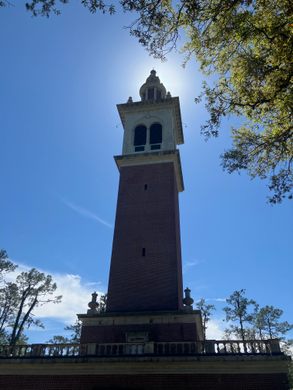











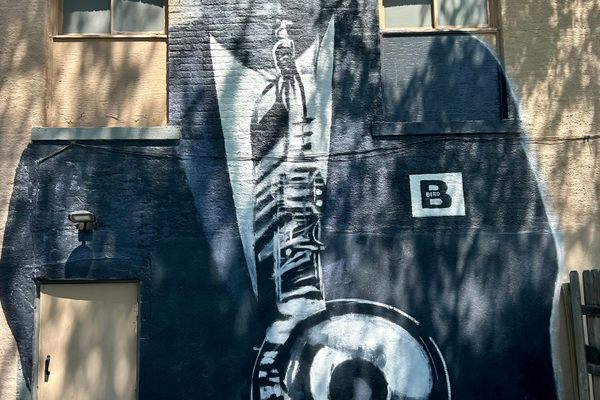

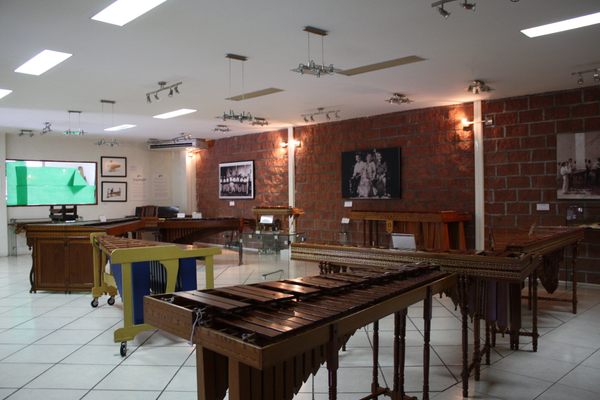
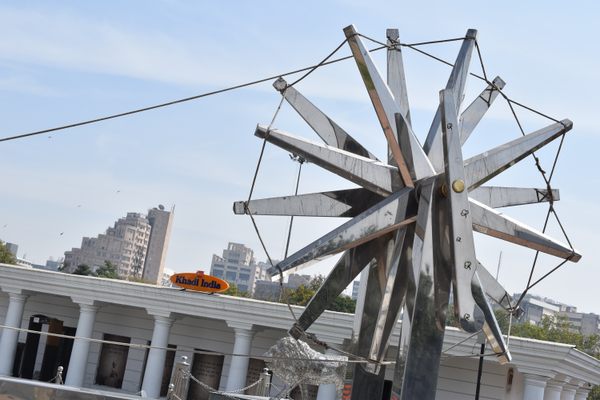

Follow us on Twitter to get the latest on the world's hidden wonders.
Like us on Facebook to get the latest on the world's hidden wonders.
Follow us on Twitter Like us on Facebook